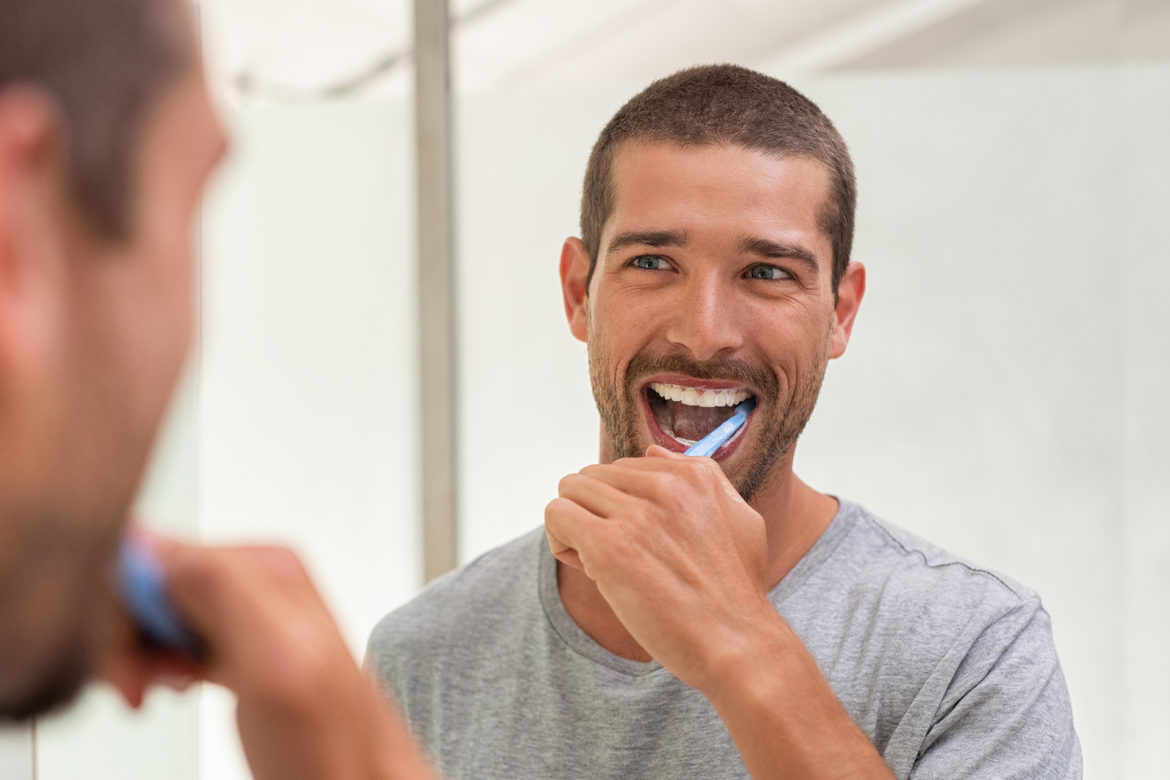It’s important to take care of your teeth, otherwise, you may be spending a lot of time and money at the dentist.
It’s easy to forget about your teeth when you’re busy with other things, but taking care of your mouth can help you save money. That’s because the cost of dental treatments and procedures is often higher than those of medical care.
Consider these four ways that good dental habits can save you money:
- You’ll need fewer dental visits.
- You’ll avoid expensive procedures like root canals and crowns. You’ll lower your risk for tooth decay and gum disease, which can lead to more expensive treatments down the road.
- You’ll be more likely to keep your natural teeth for a lifetime instead of having to get dentures or implants later in life.
Now, let’s look at some of the worst habits that can harm your teeth and gums.
Not brushing properly
You should brush your teeth at least twice a day and floss once a day, but that’s easier said than done. If you’re still brushing and flossing, great! But if not, here’s some advice on how to get back on track:
>How often should you brush your teeth?
It depends on the type of toothbrush you use. The American Dental Association recommends using an electric or power toothbrush for best results. These brushes are more effective at removing plaque buildup than manual brushes because they vibrate at high speeds. This stimulates gums and helps remove plaque from hard-to-reach places where food can build up between teeth (this is called interdental cleaning). The ADA also says if you don’t have access to an electric toothbrush, then manual brushing with fluoride toothpaste is fine, too — just be sure not to miss any spots.
What kind of toothpaste should you use?
There are multiple kinds that do different things: some whiten teeth while others help prevent cavities; some taste minty fresh while others taste like fruit snacks; some even contain chemicals meant specifically for sensitive teeth. As long as your toothpaste has fluoride (and most do), any brand will work if you use it consistently.
What kind of toothbrush should you use?
A soft toothbrush is less damaging to gum tissue. Use a light touch, too. Brushing too hard can damage gum tissue and cause receding gums, which expose the roots of your teeth — including the root surfaces covered by enamel. The best way to avoid this is to use a soft-bristled toothbrush with a small head.
Not flossing
Flossing isn’t just for getting food out between your teeth — it also cleans around the gum line where bacteria builds up and causes bad breath (also known as halitosis). However, many people don’t floss regularly because they find it boring or difficult to do properly. If this describes you, use floss picks instead of traditional floss. These are easier to use and take up less space in your mouth than traditional floss.
Smoking or chewing tobacco
Smoking and chewing tobacco are two of the worst things you can do for your dental health. They both cause gum disease, which is detrimental to your teeth. In addition, smoking causes tooth decay and loss. The chemicals in the smoke also lead to bad breath and yellowed teeth, while chewing tobacco causes cavities and mouth cancer. Smoking affects more than your heart and lungs; it’s harmful to your gums and teeth, too.

